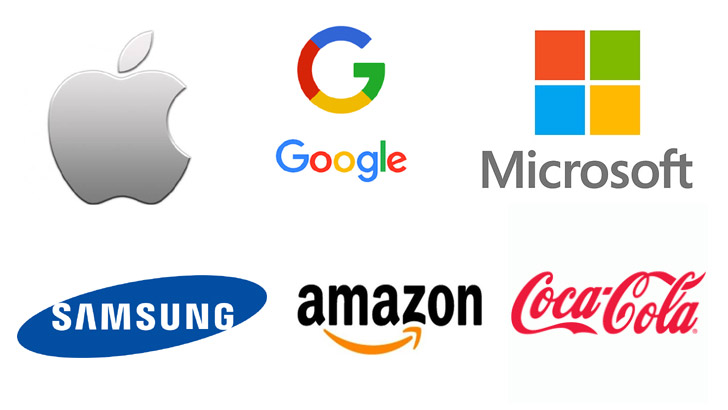In today’s rapidly evolving business landscape, resilience and sustainability have become essential pillars for achieving long-term success. Organizations that emphasize these principles not only overcome challenges but also create lasting value for their stakeholders. Below are five critical lessons to guide businesses in cultivating resilience and sustainability.
Prioritize Long-Term Vision Over Short-Term Gains
Resilient and sustainable businesses adopt a forward-thinking approach, focusing on long-term goals rather than short-term wins. Strategies centered on innovation, employee development, and environmental responsibility enable organizations to build a solid foundation for navigating challenges and identifying opportunities. Leaders who take a future-oriented perspective ensure their companies remain competitive and well-positioned for continued success. Investing in these areas demonstrates a commitment to progress and equips businesses to adapt and thrive in an increasingly unpredictable environment.
Foster a Culture of Adaptability
Adaptability defines businesses that thrive through market disruptions, technological shifts, and economic uncertainty. Fostering a culture of flexibility and continuous learning helps teams stay agile. Clear communication and openness to change empower employees to create innovative solutions. Consider Netflix’s transformation from a DVD rental service to a global leader in streaming and original content like Stranger Things. By identifying emerging trends, taking calculated risks, and adjusting its business model, Netflix has consistently stayed ahead of the curve. This adaptability serves as a powerful example for organizations seeking to maintain relevance and resilience in a shifting market.
Commit to Sustainability and Social Responsibility
Sustainability is no longer optional for businesses—it’s a necessity. Companies that prioritize environmental and social responsibility benefit the planet while enhancing their reputation with customers, partners, and employees who value these efforts. Reducing waste, supporting local communities, and building sustainable supply chains drive tangible benefits and goodwill. Embedding sustainability into corporate strategy fosters innovation, cuts costs, and boosts employee engagement. Businesses that embrace responsible practices position themselves as industry leaders, gaining a competitive edge while making a meaningful global impact.
Harness Technology and Foster Innovation
Innovation fuels both resilience and sustainability. By embracing advanced technologies and fostering creativity, businesses can streamline operations, enhance efficiency, and quickly adapt to evolving demands. Digital transformation, in particular, allows organizations to refine processes, improve customer engagement, and remain competitive in a fast-changing landscape. Encouraging a culture of innovation doesn’t just drive operational improvements—it also opens the door to new market opportunities, ensuring long-term relevance and success.
Strengthen Relationships with Stakeholders
Resilient organizations build strong, trust-based relationships with stakeholders, including employees, customers, investors, and partners. Transparent communication, mutual respect, and delivering consistent value create loyalty and alignment, which serve as crucial support systems during challenging times. Nurturing these connections fosters a sense of shared purpose, enabling businesses to navigate both opportunities and obstacles with stability and confidence. Strong stakeholder relationships are a cornerstone of organizational resilience and long-term success.
Solaris Resources shows how resilience and sustainability drive business success. Solaris Resources is dedicated to providing professional expertise in exploration and mining services. Key principles for lasting growth include long-term vision, adaptability, sustainability, innovation, and strong stakeholder relationships.
Embracing these lessons not only positions businesses as industry leaders but also inspires trust and confidence while paving the way for a future defined by stability, progress, and purpose. sprunki horror Endless Fun Awaits!



